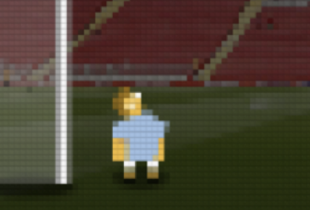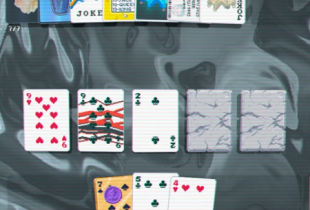Game description:
In Side Effects, you find yourself locked into a controlled test where survival depends on how well you understand risk. You and several other participants sit at a table surrounded by equipment and pills. Each round presents a decision: take a pill yourself, or pass it to someone else. The game does not explain which pills are safe, which are harmful, and which do nothing. In Side Effects, the uncertainty is part of the test, and the only way forward is through trial and observation.
Monitoring Players and Pills
Side Effects provides each subject with a heart monitor and tolerance meter, which display vital stats. Pills are distributed in randomized combinations, and the machine occasionally gives partial clues. Sometimes you’re told how many pills are safe; sometimes you get only symbols or incomplete formulas. You have to study what happens to other players after ingestion. Side Effects rewards attention to detail, but offers no guarantees about outcomes.
The Structure of a Round
A round in Side Effects starts with a new batch of pills on the table. Each player must choose one and decide what to do with it. Time is limited, and hesitation can lead to random selection or damage. After a choice is made, the pill is consumed and the result is displayed on the monitor. Sometimes it's harmless. Sometimes it's fatal.
Each round in Side Effects includes:
· A randomized set of pills with unknown contents
· A shared clue or formula from the system
· Individual decision-making under a timer
· Visible changes to health and tolerance bars
· Reactions from other players based on your move
The repetition creates patterns—but patterns that can always break without warning.
Trust is Temporary
The multiplayer format in Side Effects forces players to read each other's intentions without direct communication. When you pass a pill, it can be seen as an act of mercy or manipulation. When you take one yourself, others may assume you're bluffing. In Side Effects, alliances form and break quickly, and there is no stable strategy except adapting to how others play. Survival often depends on bluffing, reading behavior, and managing timing under stress.
























































































































































Comments